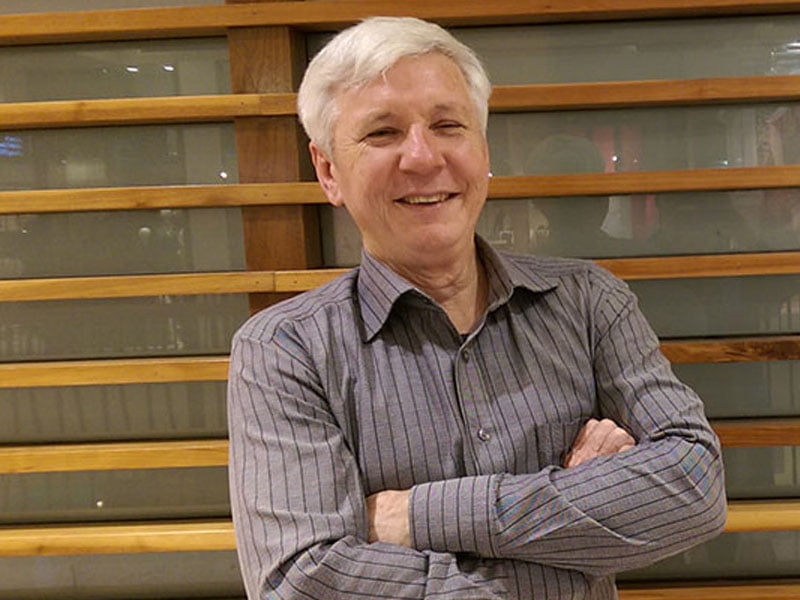Mark Toohey’s startup is a joke – literally. Called TBSx3, the startup is developing a blockchain-based system intended to stall counterfeiters.
The joke is in the company name, which refers to the Irishman wearing three condoms to be sure, to be sure, to be sure.
Mr Toohey, founder and director of the company, believes his “TBS times three” comes from three layers of protection built into the company’s anti-counterfeiting solution – encryption, logistics tracking, and blockchain.

TBSx3 recently completed the first field test of its platform, sending a pallet of Coonawarra wine on an 8,100 kilometre journey to Qingdao in China. Transport and logistics giants DP World, DB Schenker and Hamburg Sud all participated in the trial and the results were verified by KPMG.
A report earlier this year in the China Policy Institute journal by Anqi Shen, a reader in law at Teeside University in the UK, noted that as much as 30 per cent of wine sold in China may be counterfeit, and 70 per cent fake.
The blockchain associated with the Coonawarra wine which was checked at each stage of the journey proved both its provenance and authenticity, and Mr Toohey’s long term goal is to equip consumers with smartphone apps that will allow them to scan a product and have its authenticity confirmed at the point of purchase, with brand owners charged “a modest fee” for the service.
There’s a long way to go still – and huge amounts of system integration required to deliver against that ambition – but Mr Toohey believes Australia needs to take blockchain and distributed ledger technologies seriously.
“If we don’t claim our portion of the blockchain, we will be using foreign blockchains and we are talking about putting our banking on blockchains, stock exchange, so much of our payments and government services.
“We should have a national strategy toward blockchain,” he said.
CSIRO’s Data61 can’t dictate a national strategy toward blockchain, but it has recently released a pair of reports into the technology and its potential impact on Australia and Australian enterprises.
It is also working on a number of blockchain based projects and has stressed the importance of provenance-focused developments, particularly for foodstuffs.
Yet in its 2016 report Startup Muster noted that just 3.4 per cent of company founders were working on blockchain initiatives.
Despite Data61’s blockchain efforts, Mr Toohey said that although he was aware of what it was doing and Data61 was aware of him. “It’s hard to know – as a startup – how we fit together with a government organisation that also has a commercial imperative.”
At present TBSx3 is going it alone, and is in the market for a Series A fundraising in the coming three to six months. Ahead of that, it has beefed up its board which is chaired by Anthony Bertini, who is founder of BMC Media, chairman of Thumper One, and partner of former Queensland Premier and now CEO of the Australian Bankers’ Association Anna Bligh.
The importance of a strong board was obvious to Mr Toohey from his years as head of Adroit Lawyers, a firm which focused on supporting startup businesses before becoming one of the first Australian law firms to develop competence in advising on digital currency, Bitcoin and blockchain.
But it was after being treated with chemotherapy during his battle with throat cancer, and reading reports that Interpol had calculated up to 1 million people die each year from exposure to counterfeit medicines that Mr Toohey started directly exploring how blockchain could protect consumers.
Drug tampering is a significant issue in Australia. Last month the Therapeutic Goods Agency issued a recall notice for certain packs of diazepam, just a fortnight after a similar recall notice was issued for valium, following the discovery of possible tampering with both medicines.
According to Mr Toohey; “There could be a huge problem here – if someone has taken their heart pill then they get a batch that is just sugar pills, it doesn’t show up in the autopsy. And no one thinks to do an autopsy anyway because the poor guy has had a bad heart for years. It could be a serious problem here – but it’s undetected.
“Having been through a period where you take chemo and you know it’s pretty serious and your life’s on the line, it’s your last chance. You go week after week and get injected with the stuff. For someone to go through that psychological ordeal and they are getting fake substances,” was what spurred Mr Toohey to establish TBSx3.
He believes that blockchain’s opportunity to help stamp out counterfeiting lies in its ability to be used as a registry tool which conferred certainty on whatever product is being sold.
Besides the population-wide health impacts if drug counterfeiting can be stalled Mr Toohey said; “Clearly there is an economic benefit if someone is able to stop their brand from being eroded in China.
“And we give a free app to the consumer – the consumer goes along and scans 20 items and the apps says ‘no threat detected’ – that this product is genuinely from the assembly line of the company you trust and there has been no penetration of the supply chain that we can detect.
“Blockchain has no double spend feature which means once an ID has been solved it’s finished.
“Counterfeiters work on the exact opposite – they take one genuine id and then make copies – you can still do that but you can’t sell it to a knowing user because it (the application) will come up and say that ID has already spent.”
Further trials are currently in train, according to Mr Toohey.
Do you know more? Contact James Riley via Email.

